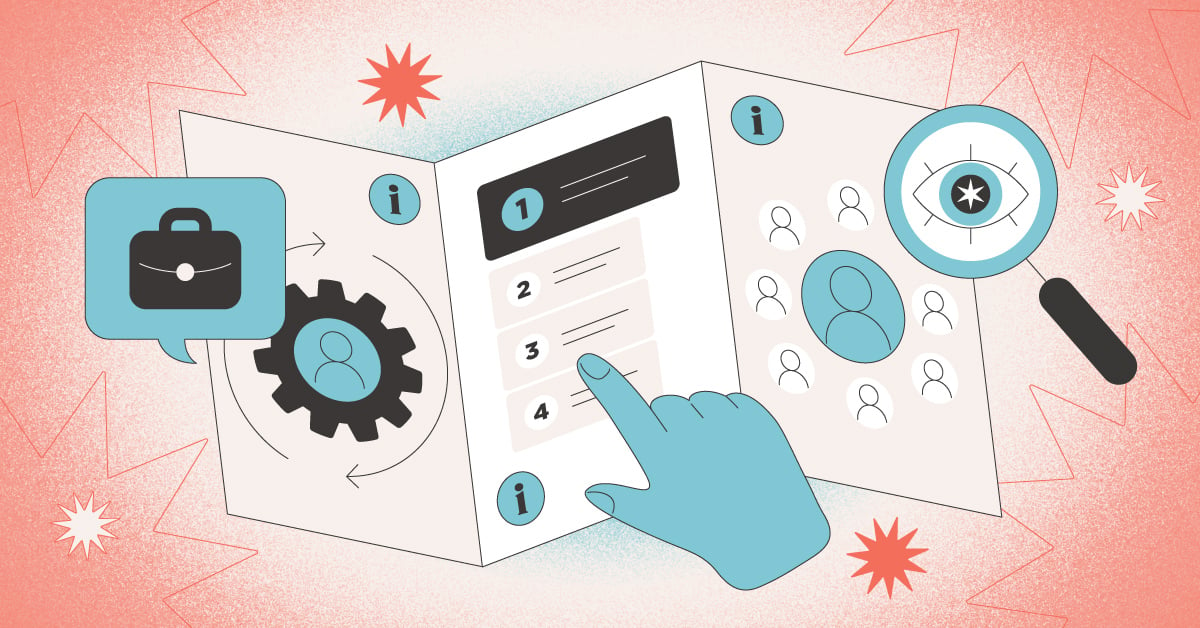
When you’re a kid, most teachers ask what you want to be when you grow up. Responses range, including the ever-popular fireman or policeman, a few doctors, some presidents, definitely a movie star or singer and at least one astronaut.
It’s usually something glamorous or heroic. But then you grow up, get a little older and things
Today’s the day to stop doubting and stressing. Things just haven’t lined up yet. But they will, if you do a little homework and know exactly what you’re looking for.
Step 1 - Know What You Want
You may think you want to be an investment banker, but have you done your research and fully understand the time commitment needed to succeed in this industry? According to Investopedia, a person in investment banking can work up to 90 - 100 hours in a week.
If you’re not so passionate about investment banking that you want to spend all your time doing it, or if you simply enjoy downtime on the weekend, this career may not be for you. And that’s ok. Because knowing what you don’t want is half of the battle.
Sometimes the choice comes down to high-profile career versus doing the family thing. Choosing either is perfectly fine. Knowing your options and outcomes pertinent to jobs, combined with knowing what you want out of life, is the formula for finding your dream job.
Step 2 - Understand the Market (And What You Bring to It)
Whether you’re fresh on the job scene or seeking a new career, understanding the market you’re trying to break into is vital in finding your dream job.
Imagine you are entering a field that is saturated right now, but you know this area is the perfect match for you. What can you bring to an organization that will differentiate you from the competition? What will make your resume stand out among the other hundred submissions? Are there things you have done in the past that can tie into your future career?
Maybe in your past, you worked for a bank, and are now trying to land a job with an agency. The new agency just happens to have a client in the financial world. There’s your differentiator, and an instant connection to your potential employer, if you know what questions to ask to uncover this valuable information.
Step 3 - Network
Are you energized by people or looking for the closest exit when attending a party? Depending on your personality type you may dread networking or be filling your calendar up with potential events.
No matter which side of the coin you are on regarding networking, there are options on how you choose to network when trying to find your dream job. LinkedIn is a great tool for relationship building with people you may not normally have access to and allows you the simplicity of connecting in a less direct and personal manner.
If you’re more outgoing and prefer to meet with people face-to-face, consider attending career fairs that focus on the industries in which you seek employment. Check with your local library, community college or online for upcoming events and get ready to pass out that resume.
Step 4 - Apply for Jobs - All of Them
Let’s face it, applying for a job can be a daunting task that leaves you exposed and poised for rejection. Taking action is sometimes the hardest part. It may never feel like the “right” time and there’s going to be some level of fear involved because you’re about to be on display. But you know your skills and what you are capable of doing. You’ve researched the market you’re breaking into, and you know what you want. You’ve got this!
Step 5 - Take an Assessment
You may know what you like and don't like, but do you know why you feel that way? Taking an assessment can you give you a deeper understanding of your behavioral style (assessments such as DISC) or what drives the things you do every day (assessments such as The 12 Driving Forces®). Knowing more about how you work best and what motivates you can help you fine tune your job search so you are looking in the right places when trying to find that perfect opportunity.
Conclusion
Interviewers will notice your self-confidence when you speak about your skills or talk about their company like you already work there. One thing is for sure: you won’t find that dream job if you don’t put yourself out there and try for it. Identify what you want, focus on your strengths, do some research and go out there with the confidence that your dream job is already yours for the taking.
Want to learn more about what it takes to find your dream job? TTISI - R3 in January is full of insights that can help you understand yourself and the job market a little better.



